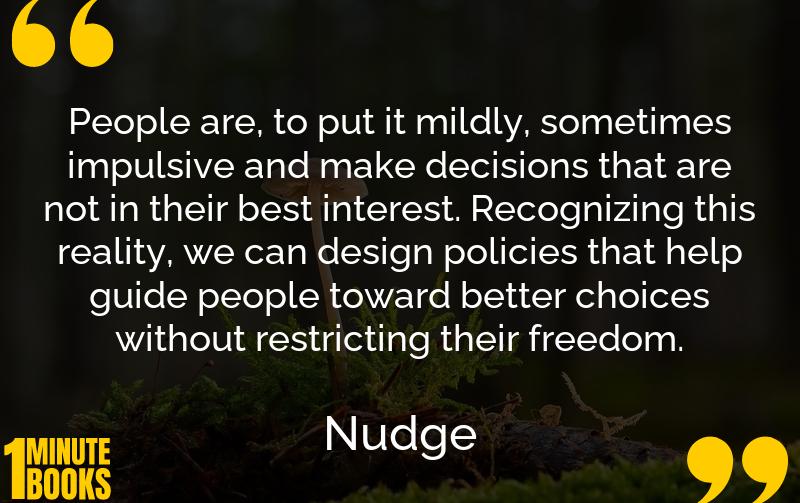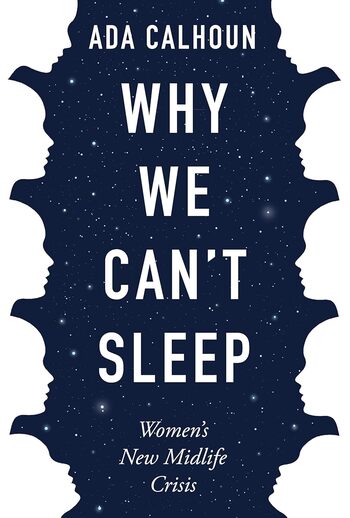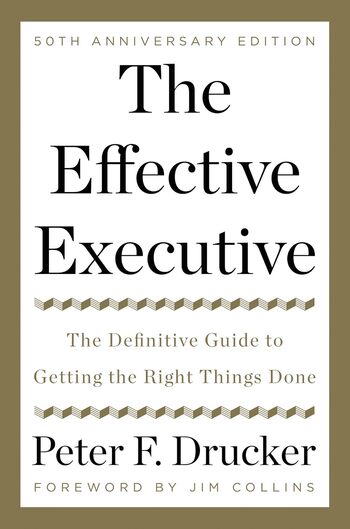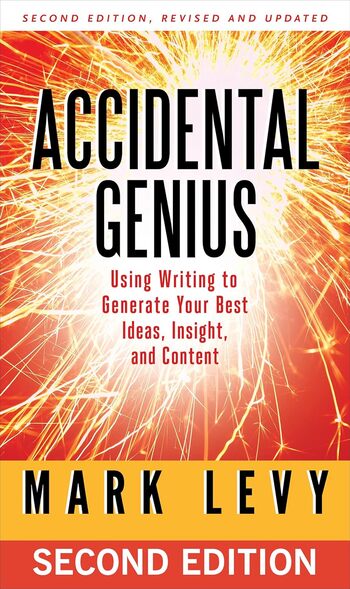
Nudge explores how subtle changes in decision environments can improve decision-making in health, finance, and happiness. It popularizes choice architecture and nudging to help make better choices without infringing on freedom.
Main Lessons
- Humans do not always make rational decisions, unlike ‘econs’ in economic theory, due to biases and heuristics.
- Choice architecture designs decision environments to promote favorable outcomes.
- Default options significantly influence decisions and can guide better choices.
- Nudges can encourage healthier habits through prompts, reminders, and incentives.
- The ‘Save More Tomorrow’ program helps improve savings habits using inertia.
- Libertarian paternalism respects autonomy while guiding better choices with well-designed nudges.
- Successful nudges can improve retirement savings, organ donation rates, and energy conservation.
- Transparent and accountable nudges can alleviate manipulation concerns.
- Nudging in education can boost student performance and retention.
- Eco-friendly nudges promote recycling, energy conservation, and sustainable practices.
- 13 nudges address climate change by encouraging environmental responsibility.
- Libertarian paternalism can effectively combine laissez-faire and active intervention policies.








